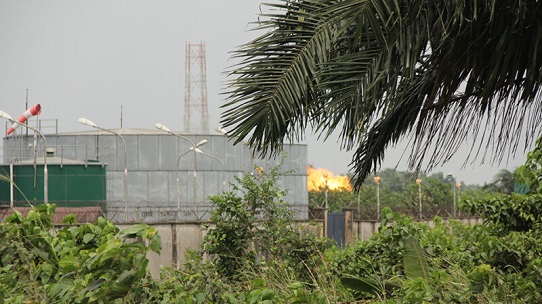
News | IMF to step up central bank capacity-building on climate
The International Monetary Fund (IMF) has pledged to redouble its efforts to build the capacity of central banks and supervisory authorities towards addressing climate-related financial risks.
It said it is responding to a growing demand from member countries, for whom understanding and managing climate risks is an increasing concern. The move forms a key part of the fund’s capacity development strategy for the next three years.
A survey of central banks and finance ministries in the V20 group of climate-vulnerable countries found that almost all wanted more assistance from the IMF in addressing climate risks. At the time the survey was conducted in 2020, only two respondents said their institutions had undertaken a comprehensive analysis.
The IMF said a substantial share of its assistance will go to low-income countries and small states, reflecting both the need for those countries to bolster their capacity, and the fact that they tend to be disproportionately affected by climate change.
The IMF’s plans cover the full spectrum of central banks’ functions, including financial sector supervision and monetary policy. It said it will help central banks develop comprehensive supervisory guidelines, methodologies and regulations for financial institutions on climate risks, and help them to incorporate climate risk into stress tests.
Much of the IMF capacity-building on financial supervision is delivered by a group of long-term advisors, based either in the fund’s network of 17 regional capacity development centres, or in the central banks themselves.
The IMF’s work will draw on the expertise of those central banks among its membership that have made greater progress towards integrating climate risks into their activities. For example, the governor of the People’s Bank of China (PBoC), Li Gang, announced last year that the bank will begin offering climate risk management training programs via the China-IMF capacity development centre. The centre exists to offer training to officials in China and countries associated with the Belt and Road Initiative.
The IMF has faced criticism for not prioritising climate risks in the routine assessments it makes of countries’ financial and economic performance. A recent post by the World Resources Institute pointed out that climate-related risks and policies were only referred to in staff reports on an ad-hoc and infrequent basis.
“By failing to take a mandatory and systematic approach to including climate in surveillance, the IMF constrains its own ability to identify and evaluate significant risks to financial and economic stability within countries and globally,” the authors warned.
Author:David Clarke
Source:Green Central Banking



